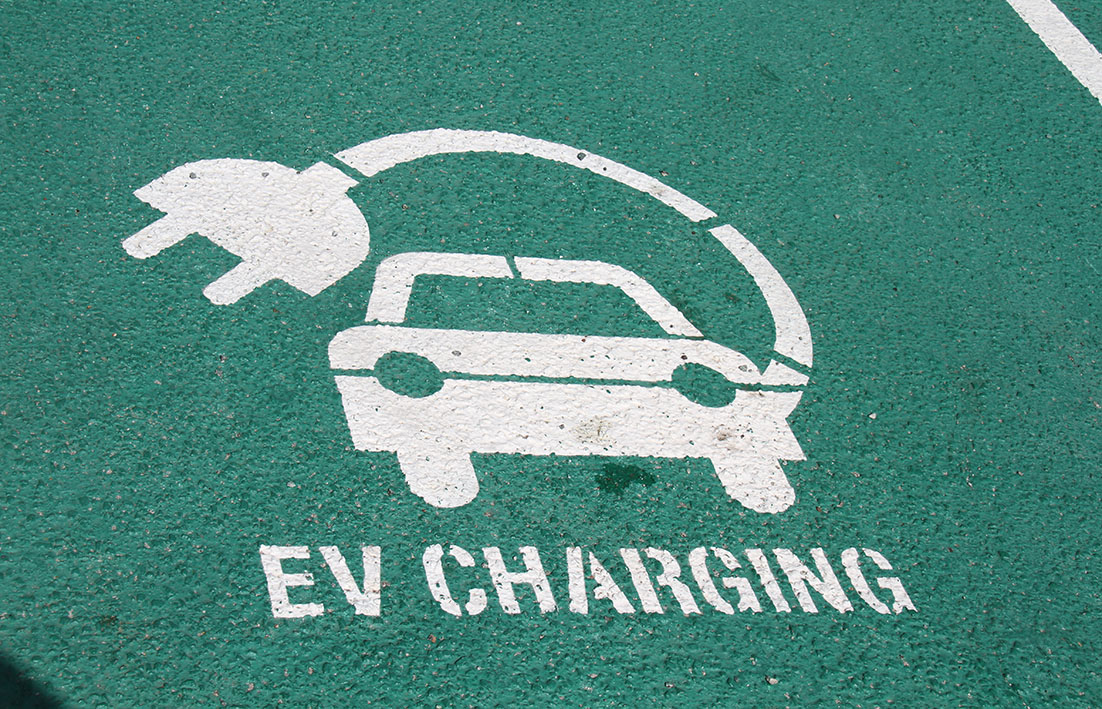
THE City of Kalamunda and the shires of Mundaring and Northam are some of the 22 local governments set to benefit from a $12.26 million project led by the WA Local Government Association (WALGA) which is aimed at reducing costs in the transition to electric vehicles.
City of Kalamunda Mayor Margaret Thomas said the city received $76,626 from the WALGA project which will go towards purchasing and installation costs associated with electric vehicle chargers.
Ms Thomas said the grant will be used to install two chargers at the city’s operations centre in Walliston, with another two chargers to be installed at the Kalamunda library carpark, which will be available for public use by the end of May.
“The public charger will accept credit card payments, making it accessible for everyone in the community,” she said.
The Shire of Mundaring plans to use their WALGA grant to install six electric vehicle charging stations by the end of 2024.
The shire’s chief executive officer Jason Whiteaker said that the charging stations will be for shire vehicles only.
“Charging stations for visitors will be considered in the future,” he said.
The Shire of Northam said that it plans to use the WALGA grant “on fast tracking the installation of charging infrastructure to facilitate the transition to a more sustainable and eco-friendly fleet.”
Australian Electric Vehicle Association president Chris Jones said while there currently isn’t enough electric vehicle infrastructure between our major centres, the grants were good for councils looking to reduce their operational greenhouse gas emissions.
“The funds would allow plenty of public charging infrastructure to be installed, affording much better value for ratepayers.
“But if a local government has a few light vehicles which rack up significant mileage, the (electric vehicles) will certainly help save money and emissions.
“Considering they use a range of vehicles as part of their normal operations, electrifying their fleet is a great start.”
The state government committed $1 million towards WALGA’s project, with the Australian Renewable Energy Agency committing $3.51 million, while the 22 councils have committed to spending $7.68 million on the project, according to WALGA.